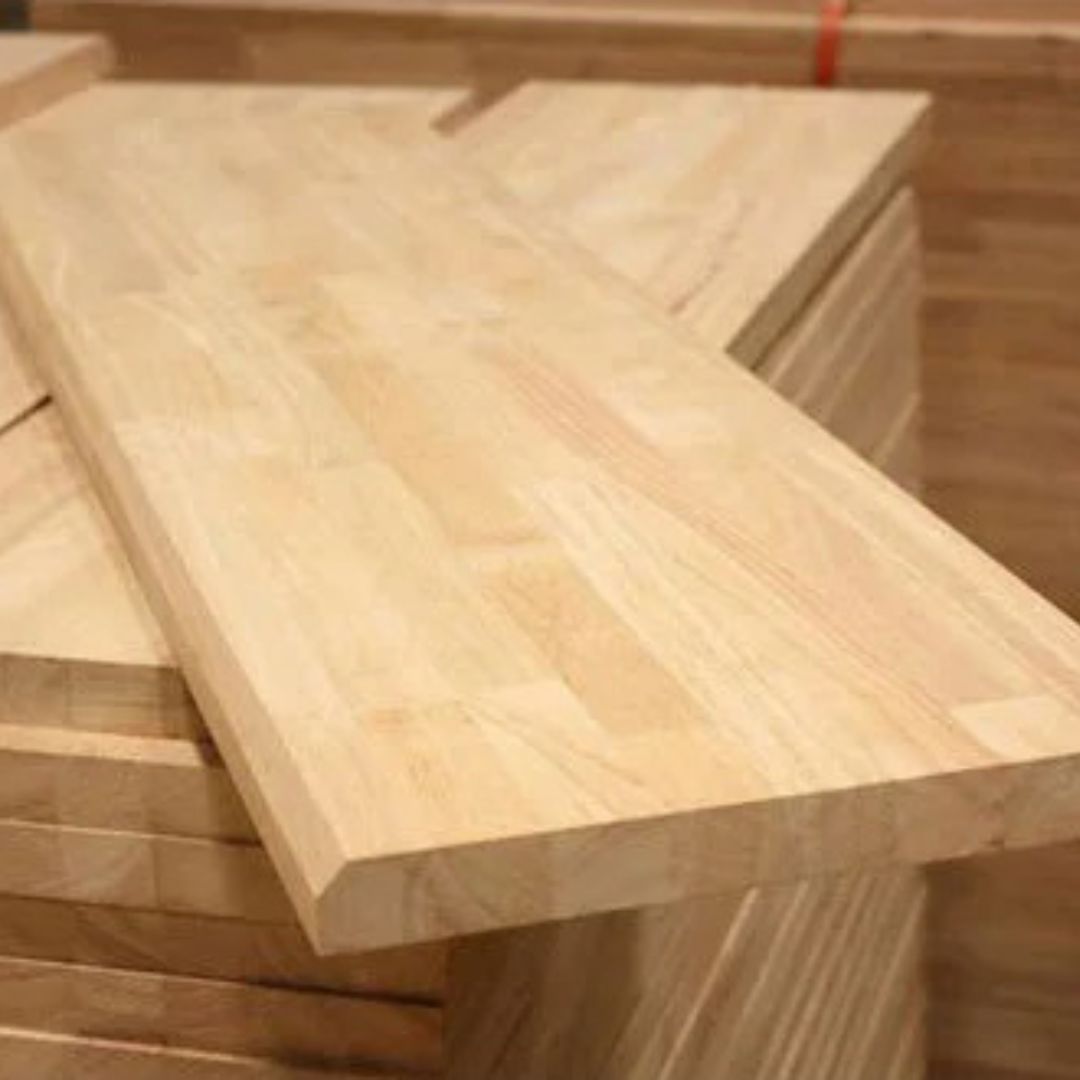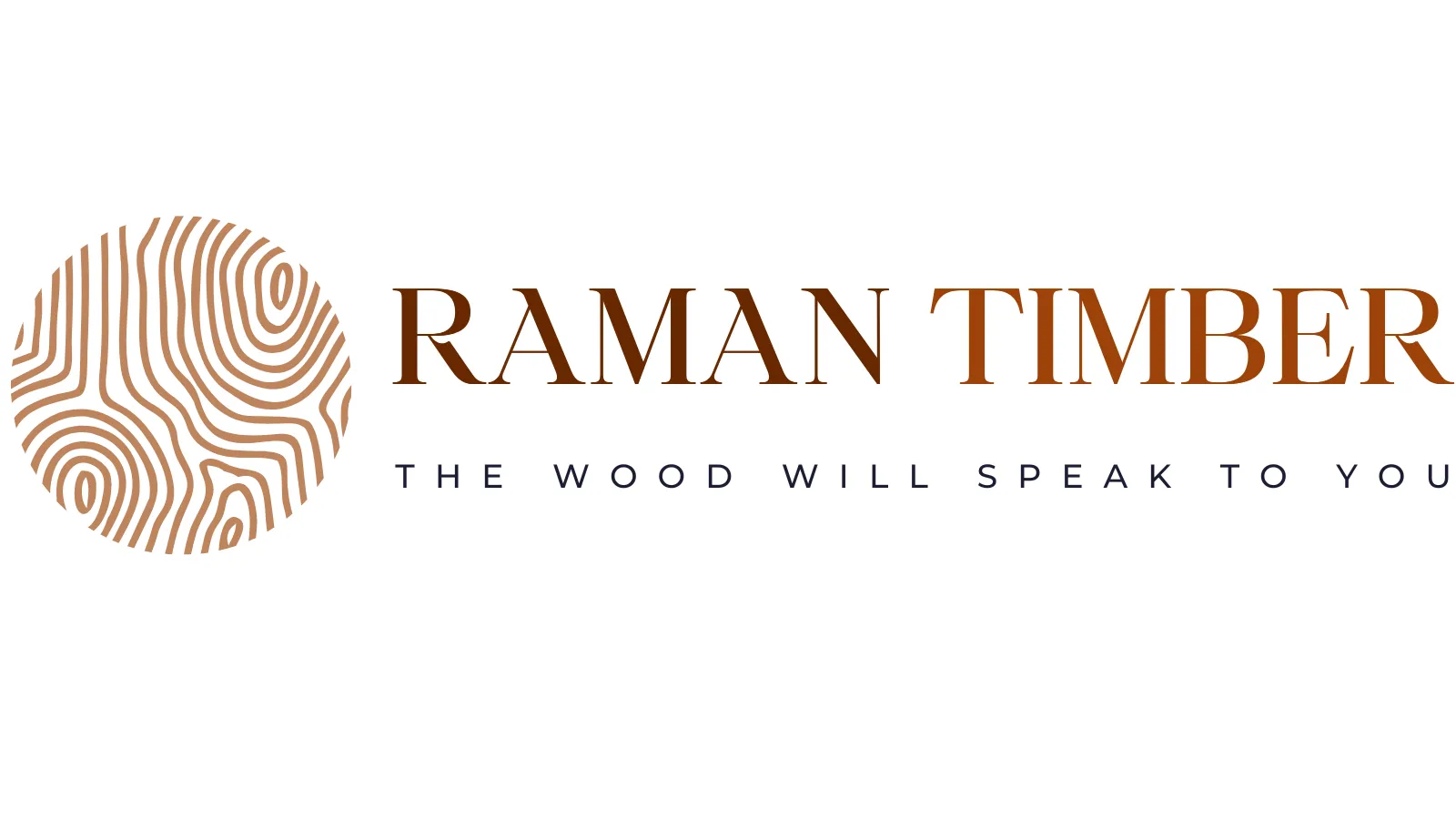
Rubber Wood Board
Product information
Additional details
Looking for an affordable, eco-friendly, and ultra-durable alternative to traditional hardwoods? Rubber wood boards from Raman Timber are the ideal sustainable solution for a wide range of applications.
About Rubber Wood
Excellent Durability and Strength
Despite its modest costs, rubber wood is incredibly durable and has superior strength and hardness properties. Its density rating of 660 lbf (when air-dried) puts it on par with hickory, making it an ideal wood for high-stress environments and heavy use.
Aesthetics
In addition to its performance strengths, rubber wood also offers an attractive, consistent coloring in warm golden-brown to tan hues with moderate and even graining patterns. It takes stains and finishes exceptionally well for custom looks.
Unlike many hardwoods, rubber wood has no odor and very minimal tendencies for shrinking, warping or defects like cupping. Its stability makes machining and installation simple.
Rubber Wood Application
Rubber wood exhibits excellent resistance to moisture, rot, insects, and weathering. This makes it well-suited for both interior and outdoor applications, such as:
- Flooring and stair treads
- Outdoor furniture and decking
- Doors and window frames
- Truck bed and trailer flooring
Sustainable and Cost-Effective
As one of the greenest wood options, rubber wood aligns with environmentally conscious buildings. Yet it delivers the durability and natural beauty to be used anywhere from residential and commercial construction to high-end furniture making.
Standard and Customisation Options
At Raman Timber, we offer top-grade rubber wood boards in a wide range of dimensions and cuts for any application, ensuring you get maximum value and performance. Make your next project more sustainable with Raman Timber, your trusted timber supplier in India for the past 60 years!
Frequently Asked Questions (FAQs)
Is rubberwood a good-quality wood?
Rubberwood is considered a good-quality wood, especially for its affordability and sustainability. It's a popular alternative to hardwoods like teak and mahogany.
Here are some of the key benefits of rubberwood:
- Affordable: Rubberwood is generally more affordable than many hardwoods.
- Sustainable: It's a sustainable resource, as it's derived from rubber plantations that are often managed responsibly.
- Versatile: Rubberwood can be used for a variety of applications, including furniture, flooring, and paneling.
- Stable: It is less prone to warping and cracking compared to some other woods.
- Accepts finishes well: Rubberwood can be stained, painted, or finished with other treatments.
Is rubber wood better than plywood?
Rubberwood and plywood are both good-quality materials with their own unique advantages. Which one is better depends on your specific needs and preferences.
- Rubberwood offers affordability, sustainability, and a warm, natural appearance. It's a good choice for those who prioritize cost and environmental impact.
- Plywood is known for its strength, stability, and versatility. It's a popular choice for construction, furniture making, and other applications where durability and structural integrity are important.
What are the disadvantages of rubberwood?
While rubberwood offers many advantages, there are a few potential disadvantages:
- Durability: Rubberwood may not be as durable as some hardwoods, particularly when exposed to harsh weather conditions or heavy use.
- Color Variation: The color of rubberwood can vary slightly from board to board, which may be noticeable in large projects.
- Limited Availability: Rubberwood may not be as widely available as some other wood species, especially in certain regions.
- Soft Texture: Rubberwood is a softer wood than some hardwoods, which means it may dent or scratch more easily.
Despite these potential drawbacks, rubberwood remains a popular choice due to its affordability, sustainability, and versatility.

